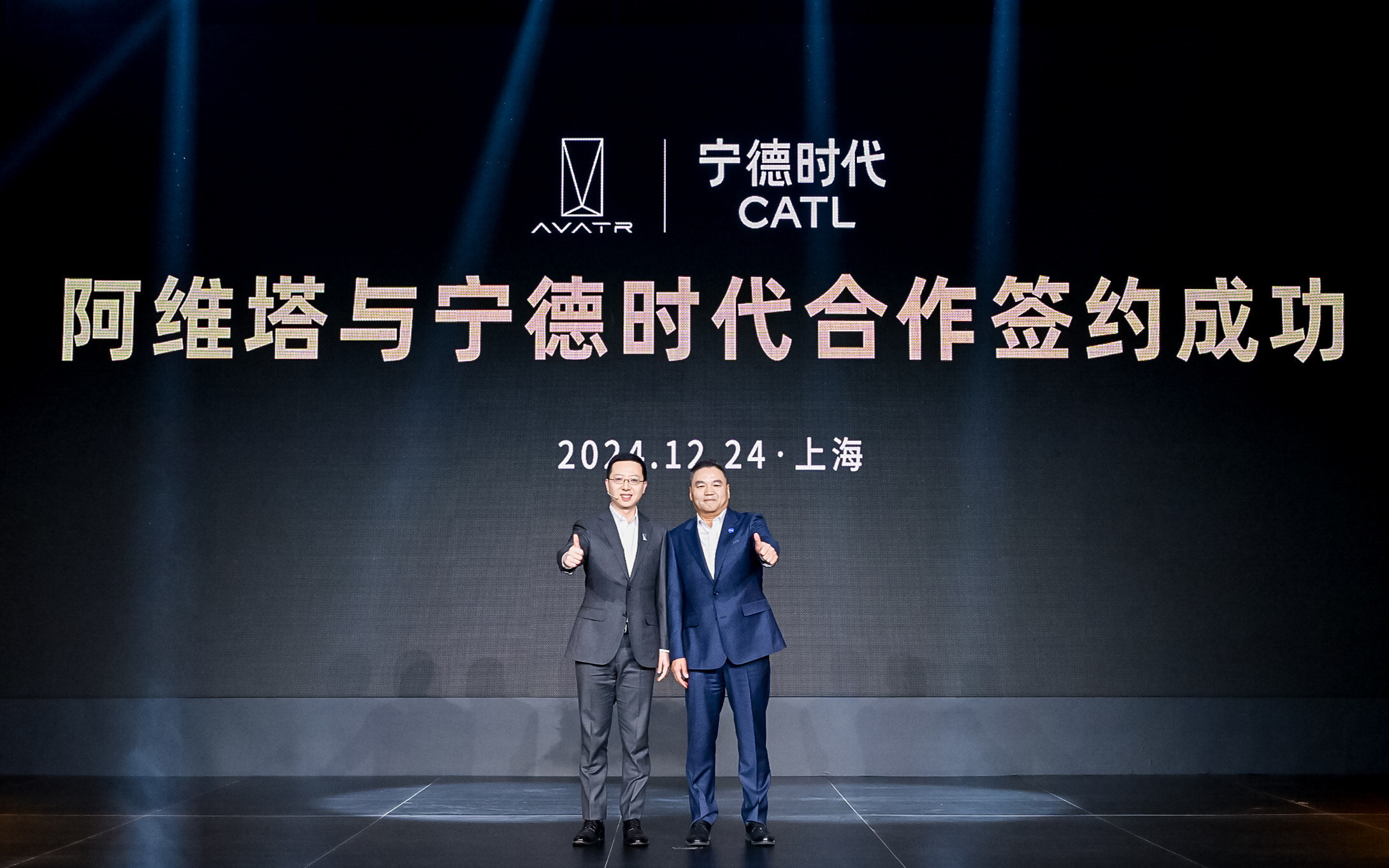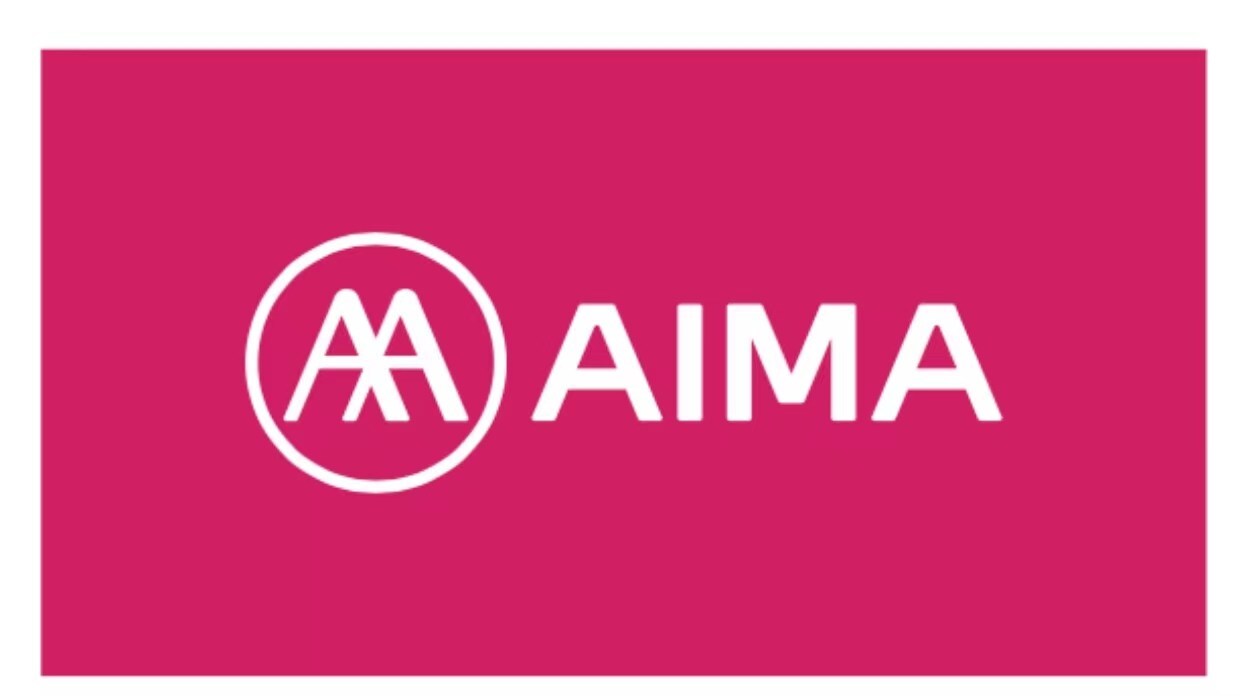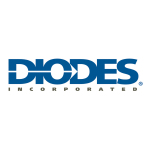Vertiv™ EnergyCore battery cabinets save floorspace with internally integrated accessories and seamlessly couple with Vertiv™ large and medium UPS systems
Vertiv Introduces Fully Populated, High-Density Lithium Battery Cabinets for Fast, Cost-Efficient Installation in HPC Data Centers
Sara Steindorf
T +314-982-1725
E sara.steindorf@fleishman.com
Meeting the urgent need for solutions supporting high-density computing in increasingly crowded data center facilities, Vertiv (NYSE: VRT), a global provider of critical digital infrastructure and continuity solutions, today introduced Vertiv™ EnergyCore battery cabinets. Factory assembled with LFP (Lithium-Iron-Phosphate) battery modules and Vertiv’s internally-powered battery management system, Vertiv EnergyCore cabinets are available globally and are qualified for use with most current and legacy three-phase Vertiv™ uninterruptible power supply (UPS) systems, including the recently launched Vertiv™ Trinergy™ and Vertiv™ Liebert® APM2. Vertiv EnergyCore will be featured in the Vertiv booth at the Yotta conference and trade show in Las Vegas, Nevada, Oct. 7-9.
This press release features multimedia. View the full release here: https://www.businesswire.com/news/home/20241001870610/en/

Vertiv introduces the Vertiv™ EnergyCore lithium-Ion battery cabinet (Photo: Business Wire)
Vertiv EnergyCore cabinets are optimized for five minutes end-of-life runtime at 263kWb per each compact, 24” wide (600mm) cabinet, and operate across a wide temperature range, making them suitable for high-density environments. Lithium batteries are more compact and lighter than VRLA alternatives, allowing users to deploy fewer battery cabinets in most applications. An internal two-hole lug eliminates the need for a conduit box, and the cabinets require no on-site external control wiring, reducing deployment time and cost compared to traditional on-site assembly. The cabinets are equipped with Vertiv’s intuitive interactive touch screen HMI display to provide visibility and control of the cabinet, operating system, and the installed batteries.
The integrated battery management system is powered by the Vertiv EnergyCore batteries, removing the requirement for an external power source and simplifying installation. It provides lifetime onboard data storage, tracking performance over battery charge-discharge cycles, service events, and enabling accurate state-of-health reports that can be used for warranty support and predictive analytics. Remote battery monitoring is available via Vertiv™ Alber™ Battery Xplorer Enterprise.
“The proliferation of artificial intelligence and other high-performance computing applications is putting a premium on the ability to deliver more power in smaller, hotter spaces,” said Milind Paranjape, vice president of energy storage at Vertiv. “With our Vertiv EnergyCore battery cabinets, we are delivering exactly what our customers and our industry need – compact, high-density energy storage capable of operating safely and optimally. Simply put, these battery cabinets are designed for the emerging mission-critical needs of high-density computing environments.”
The modular design of Vertiv™ Trinergy™ allows each UPS core to be paired with dedicated Vertiv™ EnergyCore battery cabinets in a distributed architecture, enabling uninterrupted service for critical applications. Due to the density of the Vertiv EnergyCore design, only two lithium-ion battery cabinets are needed to support each 500kW Trinergy™ UPS core, versus the three cabinets that are required by most suppliers. The 250kW Vertiv™ Liebert® APM2 requires just a single Vertiv EnergyCore cabinet, while the 500kW Liebert® APM2 can be supported by two Vertiv EnergyCore battery cabinets at five minutes end of life.
Vertiv EnergyCore is UL 1973 listed and has been successfully tested for compliance to UL 9540A standard for protection against thermal runaway fire propagation in battery energy storage systems, which, according to NFPA 855 ESS installation standards, means the three feet (92cm) spacing requirements between racks can be waived by the Authorities Having Jurisdiction. This can save space and speed deployment.
For more information, visit Vertiv.com.
About Vertiv
Vertiv (NYSE: VRT) brings together hardware, software, analytics and ongoing services to enable its customers’ vital applications to run continuously, perform optimally and grow with their business needs. Vertiv solves the most important challenges facing today’s data centers, communication networks and commercial and industrial facilities with a portfolio of power, cooling and IT infrastructure solutions and services that extends from the cloud to the edge of the network. Headquartered in Westerville, Ohio, USA, Vertiv does business in more than 130 countries. For more information, and for the latest news and content from Vertiv, visit Vertiv.com.
Forward-Looking Statements
This release contains forward-looking statements within the meaning of the Private Securities Litigation Reform Act of 1995, Section 27 of the Securities Act, and Section 21E of the Securities Exchange Act. These statements are only a prediction. Actual events or results may differ materially from those in the forward-looking statements set forth herein. Readers are referred to Vertiv’s filings with the Securities and Exchange Commission, including its most recent Annual Report on Form 10-K and any subsequent Quarterly Reports on Form 10-Q for a discussion of these and other important risk factors concerning Vertiv and its operations. Vertiv is under no obligation to, and expressly disclaims any obligation to, update or alter its forward-looking statements, whether as a result of new information, future events or otherwise.
View source version on businesswire.com: https://www.businesswire.com/news/home/20241001870610/en/

 Business wire
Business wire 












Add Comment